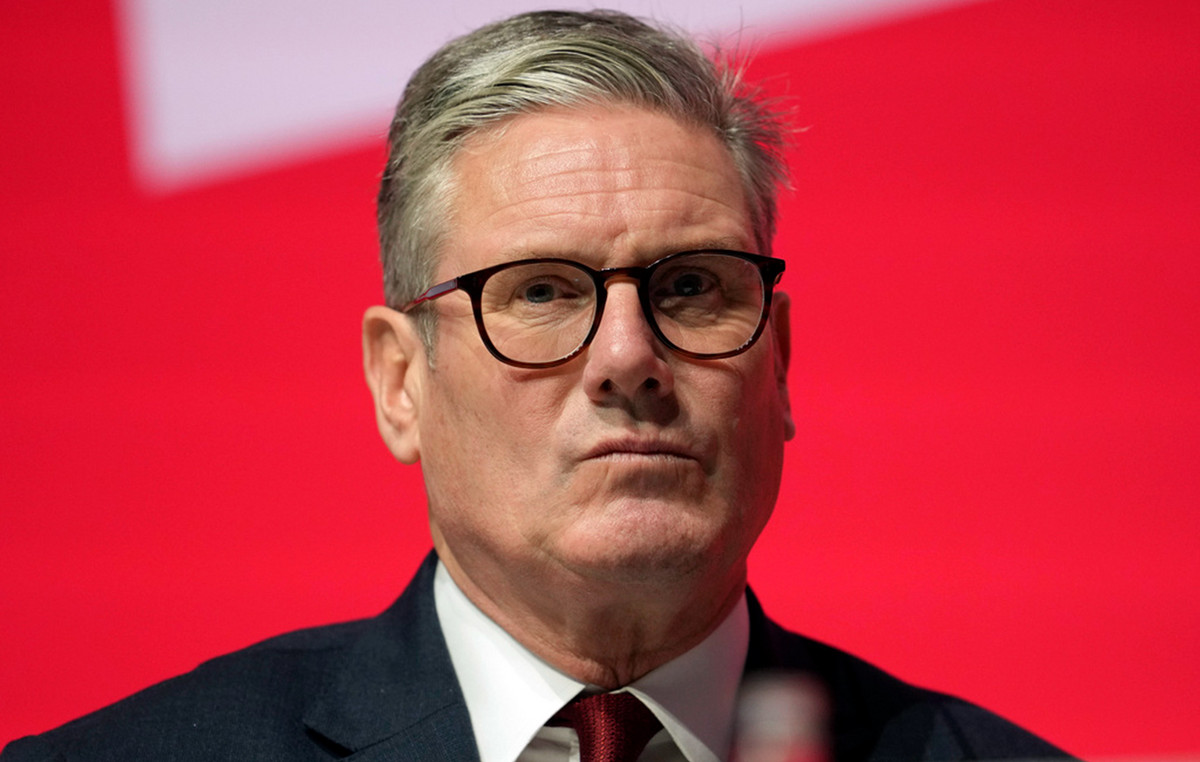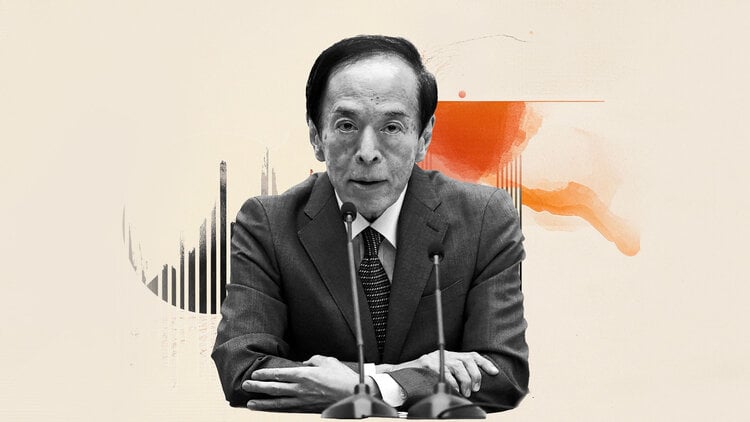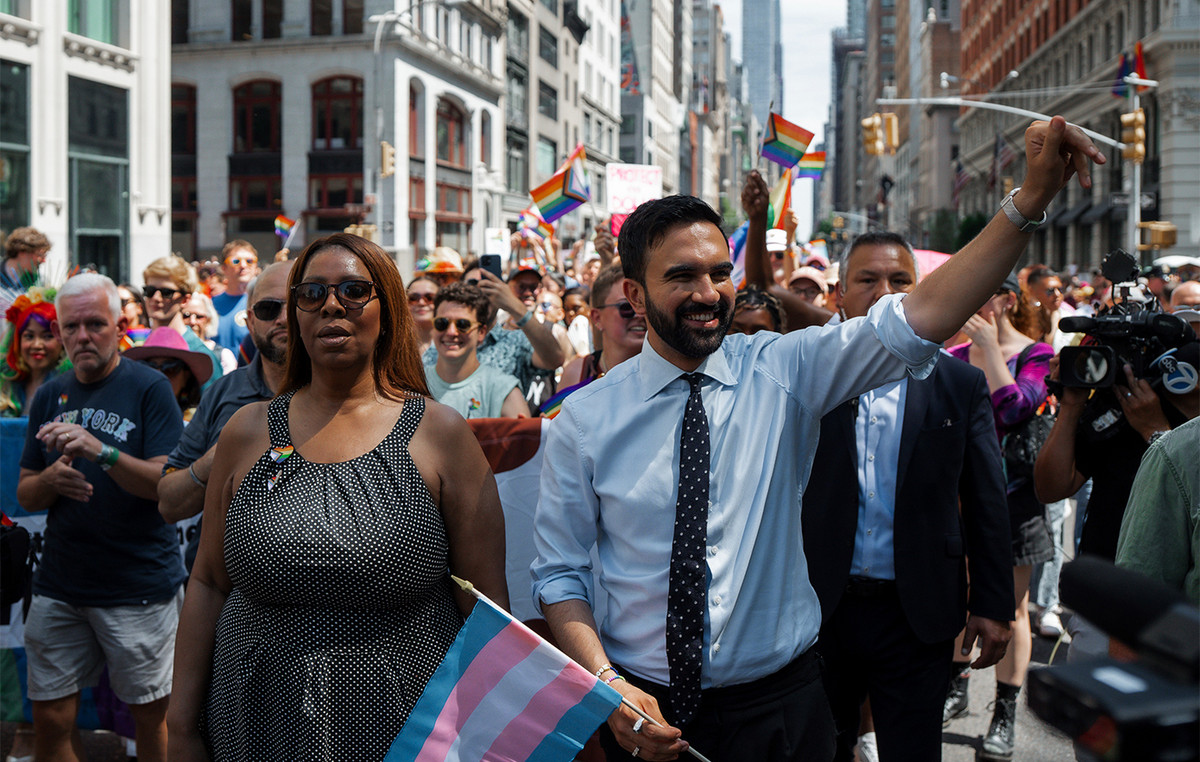“I want a thorough and unbiased investigation.”
This was the request of the former Minister of Education, Milton Ribeiro, in the letter he sent to President Jair Bolsonaro (PL) asking for his resignation from the position, in March of this year.
He left the portfolio after complaints about favoring pastors in the distribution of funds from the Ministry of Education (MEC).
Remember the complaints
In an audio obtained by the newspaper “Folha de S.Paulo” and in reports from “O Estado de S. Paulo”, Ribeiro is involved in what would be a scheme to favor pastors in the ministry.
In a recorded conversation, the minister says that he received a request from President Jair Bolsonaro (PL) for the release of funds from the portfolio to be directed to specific prefectures from the negotiation made by two evangelical pastors who do not hold positions in the federal government.
In the recording, Ribeiro says that it is “a special request from the President of the Republic”. “It was a special request that the President of the Republic made to me on the issue of [pastor] Gilmar”, says the minister in a conversation with mayors and two other pastors, according to the newspaper.
Ribeiro continues: “Because my priority is to first serve the municipalities that need it most and, second, to serve all those who are friends of Pastor Gilmar.”
Pastors Gilmar Santos and Arilton Moura are mentioned in the audios. According to the newspaper, the two religious men have been negotiating with city governments to release federal funds for works in day care centers, schools and the purchase of technology equipment.
In the leaked conversation, Bolsonaro’s minister indicates that, with the release of resources, there may be a counterpart.
“The support we ask for is no secret, it can be [inaudível] it is support on building churches”. In the audios, it is not clear how this support would be given.
Last year, to save parliamentary amendments from a bigger cut, the government blocked R$9.2 billion of expenses from ministries and state agencies, which mainly affect Education.
Ribeiro denied that he favored pastors. In a note sent to CNN the minister also said that the president “did not ask anyone for preferential assistance, he only asked that he could receive everyone who came to us”.
Ribeiro left the Ministry of Education on March 28.
A few days later, on March 31, he admitted for the first time to being the author of the leaked audio, but said that “the words were taken out of context”.
“I will not say goodbye, I will say see you soon”, says the Minister of Education in the letter delivered to Bolsonaro. Ribeiro is the subject of an investigation by the Federal Police (PF) and the Federal Supreme Court (STF) on suspicion of favoring pastors in the distribution of funds from the Ministry of Education (MEC).
In the letter, Ribeiro says that his life “has undergone a major transformation” since the publication of a report that implicated him in a scheme to favor pastors within the MEC.
In an exclusive interview with the policy analyst at CNN Renata Agostini, the current Minister of Education, Victor Godoy, said that he ordered all transfers from the portfolio that are being investigated to be suspended.
“In the first week, when I took over as interim Minister of Education, I called President Marcelo Pontes, of the FNDE, and asked him to suspend all those commitment operations, all those commitments, until the investigations are concluded, to check if there was any type of irregularity”, he said.
This Wednesday (22), former minister Milton Ribeiro was arrested in a PF operation that investigates the practice of influence peddling and corruption for the release of public funds from the FNDE.
*Posted by Léo Lopes
Source: CNN Brasil
I’m Susan Karen, a professional writer and editor at World Stock Market. I specialize in Entertainment news, writing stories that keep readers informed on all the latest developments in the industry. With over five years of experience in creating engaging content and copywriting for various media outlets, I have grown to become an invaluable asset to any team.







